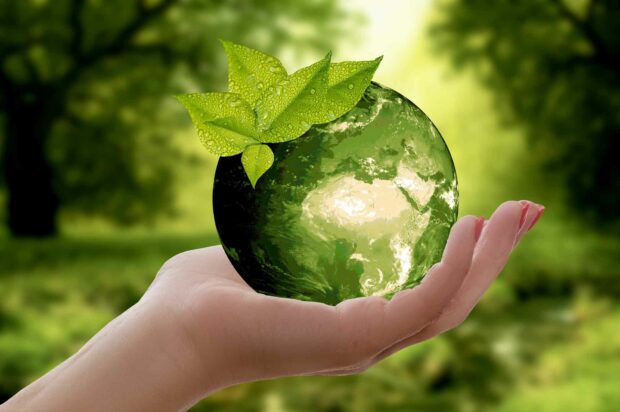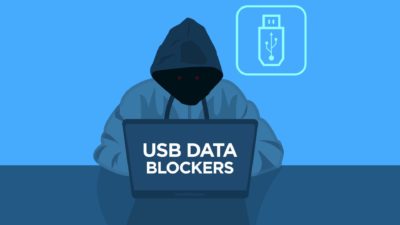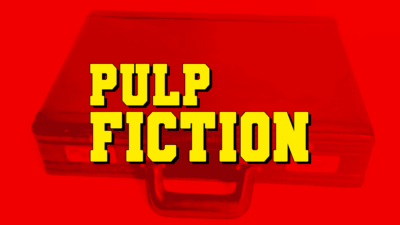It doesn’t have to be Earth Day for you to think about how to make an impact (or less of an impact) on our planet. Here are some green tips that will help make every day, Earth Day.
Green Tips For Earth Day
- Reduce the temperature on your thermostat by a couple of degrees. Buy a programmable thermostat or a smart thermostat, like the Nest, if you don’t already have one.
- Reuse your water bottle. Avoid buying bottled water. In fact, reuse everything at least once, especially plastics.
- Check out your bathroom. Use low-flow faucets, showerheads, and toilets.
- Start a compost in your backyard or on your rooftop.
- Buy foods locally. Participate in an Eat Local Challenge and FoodRoutes to get started. Buy locally made products and locally produced services.
- Try to buy food when it’s in season. It will have less of a carbon footprint. Out of season foods have to be transported from large distances.
- Buy LED or compact fluorescent light bulbs. They last longer and use less energy. You’ll find more on energy-efficient products and practices at Energy Star.
 Kill vampire power electronics that waste electricity even when not in use. Turn off lights and electronics when you leave the room. Unplug your cell phone charger from the wall when not using it. Turn off energy strips and surge, protectors, when not in use (especially overnight).
Kill vampire power electronics that waste electricity even when not in use. Turn off lights and electronics when you leave the room. Unplug your cell phone charger from the wall when not using it. Turn off energy strips and surge, protectors, when not in use (especially overnight).- Recycle your newspapers and magazines.
- Carpool. Connect with other commuters at eRideShare.
- Consider a car-sharing service like Zipcar.
- Ride a bike, Segway or a scooter. Services like Lyft, Bird, and Lime allow you to rent bikes and scooters.
- Walk, jog, or run.
- Go to your local library instead of buying new books.
- At holidays and birthdays, give your family and friends the gift of saving the earth. Donate to their favorite environmental group, foundation, or organization.
- Get off junk mail lists. The FTC can help get you started.
- Buy products that use recyclable materials whenever possible.
- If you use plastic grocery bags, recycle them for dog poop bags or for small trashcan liners.
- Bring your own bags to the grocery store. Given a choice between plastic and paper, opt for paper.
- Buy locally. Find farmers’ markets, family farms, and other sources of sustainably grown food near you at LocalHarvest.
- Consider buying organic cleaning products that contain natural ingredients like vinegar, borax, and baking soda.
- If you have a baby, consider using cloth diapers. Sign up for a local cloth diaper service and let them do all the dirty work.
- Consider buying an eco-friendly car that’s either fuel-efficient or a hybrid.
- Landscape with native plants. Check out this article from the EPA website.
- Opt into a clean energy program. Check out the Green Power Network at the US Department of Energy.
- Go paperless. Consider reading your newspaper and magazine subscriptions online. Switch to electronic banking and credit card payments, too.
- Teach kids about the environment.
- Take your batteries to a recycling center. Earth 911 has a great article on how to recycle your single-use batteries.
- Turn your car off if you’re going to be idle for more than one minute.
- Do full loads of laundry and set the rinse cycle to “cold.”
- Recycle. If you’re not at home, take the extra steps, (literally), to find that recycling can.
- Reuse. Plastic food containers make good crayon and marker holders. Use padded envelopes more than once. Buy your toddler or preschooler’s clothes from a thrift shop and give away those that don’t fit your friends. Goodwill or the Salvation Army can help.
- Limit the length of your showers. Even better, take a “navy shower,” shutting off the water while soaping up and shampooing.
- Don’t run the water when brushing your teeth. Learn about water scarcity.
- Wash towels after several uses.
- Learn about the importance of clean water and the lack of toilets around the world.
- Give away your goods and find new ones at FreeCycle.
- Recycle your technology. Dell, Hewlett Packard, Apple, and IBM, among others, offer recycling programs for everything from old computers to ink cartridges.
- Go zero! Log on to the Conservation Fund’s Carbon Zero Calculator and in less than five minutes, you can measure and then offset your carbon dioxide emissions by planting trees.
- Put your money where your mouth is—invest in green investments. Web sites like Co-op America’s National Green Pages™ can help.
- Learn about threats to ocean life and help Greenpeace take action.
- Put paper grocery bags in your bathrooms to help encourage recycling throughout your house. Items like paper wrappers and cardboard toilet paper rolls can be recycled.
- Find your local watershed and learn how to protect it.
- Build a greener home.
- Opt for eco-friendly and holistic health products.
- Good to the last drop. Switch to fair trade coffee.
- Go paperless at work. Distribute company information and post company material online.
- Eliminate junk mail at work. For no fee, the EcoLogical Mail Coalition will eliminate the junk that former employees receive at work.
- Plant a forest and feed a family while you’re at it.
- Shop smart. Choose eco-smart products.























 Sesame Street Podcast Jumps to #1 on iTunes (2007)
Sesame Street Podcast Jumps to #1 on iTunes (2007)
Leave a Reply